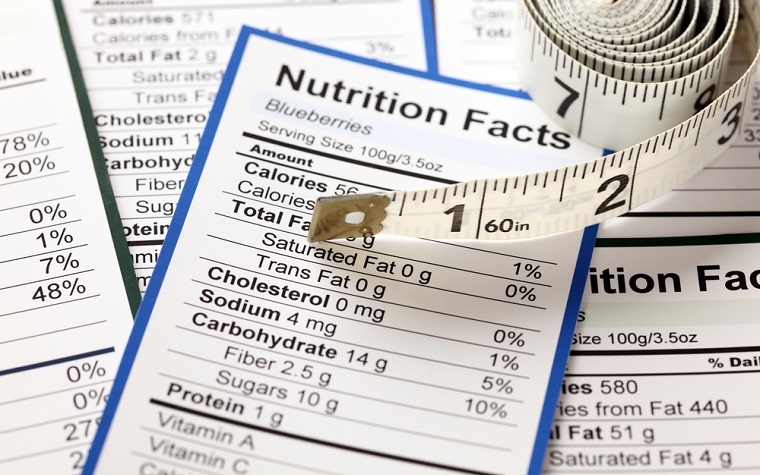The bill, introduced by Sen. Pat Roberts (R-KS), was approved by the Senate Agriculture Committee last week. It would instruct the U.S. Department of Agriculture to establish a standard for defining and labeling bioengineered foods to be implemented nationwide within two years.
“Voluntary labeling mechanisms such as a SmartLabel, QR codes and 1-800 numbers can deliver an abundance of information about food ingredients, nutrition, allergens, product usage, brand information and more without making labels more confusing for consumers and without inferring that there is anything different or concerning about this food product over an unlabeled product,” Karen Batra, food and agriculture communications director for Biotechnology Industry Organization (BIO), told Crop Protection News.
BIO applauded the Agriculture Committee’s work, especially in light of the impending standards in Vermont that would require mandatory labeling, something BIO – and many food production chain organizations in the United States – oppose. By contrast, they support voluntary labeling standards like those found in the Roberts’ bill.
“In fact, food companies have already embraced these types of disclosure mechanisms because it provides them another way to communicate with their customers,” Batra said.
Additionally, the bill would direct the agriculture secretary to engage in a science-based initiative to inform the public about biotechnology in agriculture.
“Voluntary and market-based disclosure mechanisms remove the stigma of a mandatory label in that it’s not perceived as a warning label,” Batra said. “In addition, a SmartLabel, QR codes and 1-800 numbers – as mentioned above – could potentially provide consumers with information about how GMOs help famers grow crops more sustainably, and how they are strictly regulated to protect human health and the environment.”




 Alerts Sign-up
Alerts Sign-up